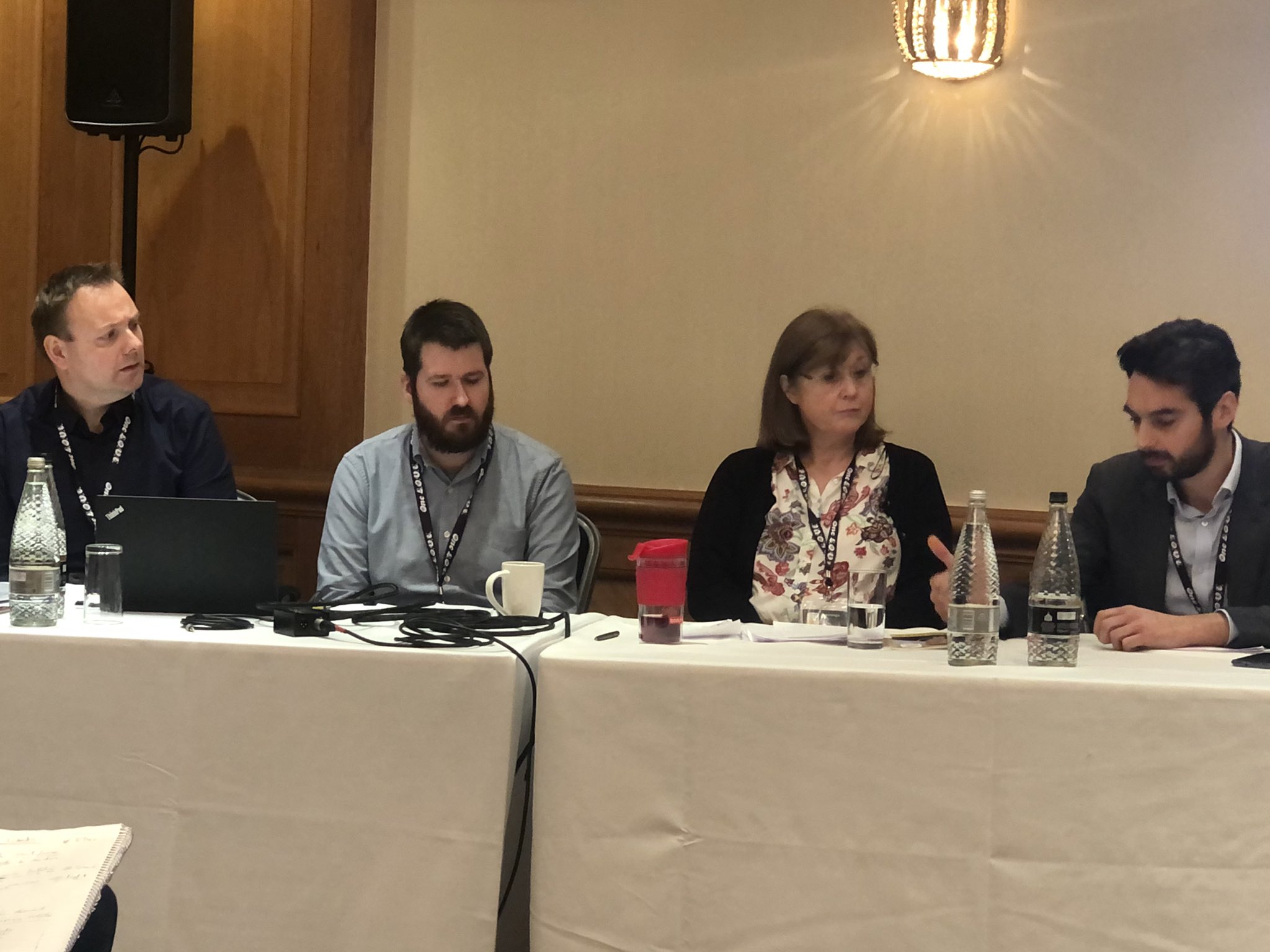A recent study published by legacy fundraising analysts, Legacy Foresight, predicts that legacy income (gifts in wills to charities) will rise by nearly £600m over the next five years as a result of the latest Brexit arrangements, whatever they are!*
That’s obviously great news for the charity sector as a whole. However, that also brings with it a host of potential challenges; greater investment and support in the legacies arena, increased competition for legacies and an inevitable rise in legacy disputes.
Indeed, figures published by the Ministry of Justice show that there has been a 60% rise in will and probate disputes issued in the High Court in the last two years alone.
As such, charities are now having to work ever harder, first to develop and drive their legacy strategy and, secondly, to protect those legacies from any potential dispute once a bequest has been made.
I’ve worked with charities on both fronts and was delighted to have been asked by Marie Curie to speak at a panel session – Securing the Future of Legacy Giving at Marie Curie. The session was part of their One Love Fundraising Festival, a two day event at Birmingham NEC which brought together the fantastic fundraising teams and individuals who work so hard to ensure that Marie Curie is able to continue to provide vital support to those with terminal illnesses and their loved ones. I was fortunate enough to meet a number of those amazing individuals during the course of the event and saw, first hand, the commitment that each and every one of them has to Marie Curie and its objectives.
The panel was chaired by Legacy Development Manager, Jessica Kelly, and included Duane Saunders (Legacy Administration Manager), Andrew Murgett (Legacy Officer) and Anne Hillion (Legacy Advisor for London); collectively the “Gifts in Wills Team” at Marie Curie, with the key topic being both the threats and opportunities in the legacy market.

Andrew and I discussed the key factors and trends which have given rise to legacy disputes over the past ten years and I spoke about how those trends have impacted upon the advice which (i) we give to clients when making wills and (ii) we give to charities when faced with a legacy dispute.
With the negative publicity which the sector has received recently, for instance following the Olive Cooke, President’s Club and Oxfam scandals, this has caused many charities to shy away from engaging in disputes, often being seen as a “soft touch” by those looking to challenge wills which leave legacies to them.
What I was keen to emphasise during the session was that, while reputation and brand are absolutely vital for charities, so too is their need to protect, secure and recover assets properly belonging to them. Indeed, charities and their trustees have not only an obligation, but a duty, both to bring and defend legal proceedings where the circumstances justify it. The Charity Commission has published guidance for charity trustees faced with potential litigation; Charities and litigation; a guide for trustees.
Duane and I then discussed the issue of restrictive gifts to charities i.e. legacies left to charities for a specific purpose both from the point of view of the incredible benefits which those generous donations can bring but also the potential downsides, for instance if the particular purpose of the gift is no longer able to be carried out. In that case, absent a properly wordedclause clause in the will providing for a charitable gift to be reapplied where the terms of the gift cannot be fulfilled for a particular reason, or unanimous agreement among the beneficiaries, it may be necessary to apply to the court or Charity Commission for a cy-prés scheme or, in some cases, altogether to disclaim the gift.
Anne spoke about the increasing competition in the legacy space as well as the duty which falls on all in the sector to help raise awareness of the wonderful benefits of legacy giving before I addressed the tax benefits of charitable giving, including the inheritance tax relief available if someone leaves 10% or more of their net estate to charity which can reduce the total inheritance tax payable on an estate from 40% to 36%.
The session was truly interactive with some great questions and debate from the audience, including how best to address the taboos around death and dying, strategies to engage volunteers and the pros and cons of online wills.
However, with some 60% of adults and, worse still, 77% of cohabiting couples in the UK not having wills**, and legacy income accounting for a third of all income in the third sector, I concluded the session by impressing to everyone the importance of having a professionally drawn up will.
*Answers on a postcard please.
**YouGov report on behalf of Royal London – 2089 adults surveyed between 10 and 11 October 2017
